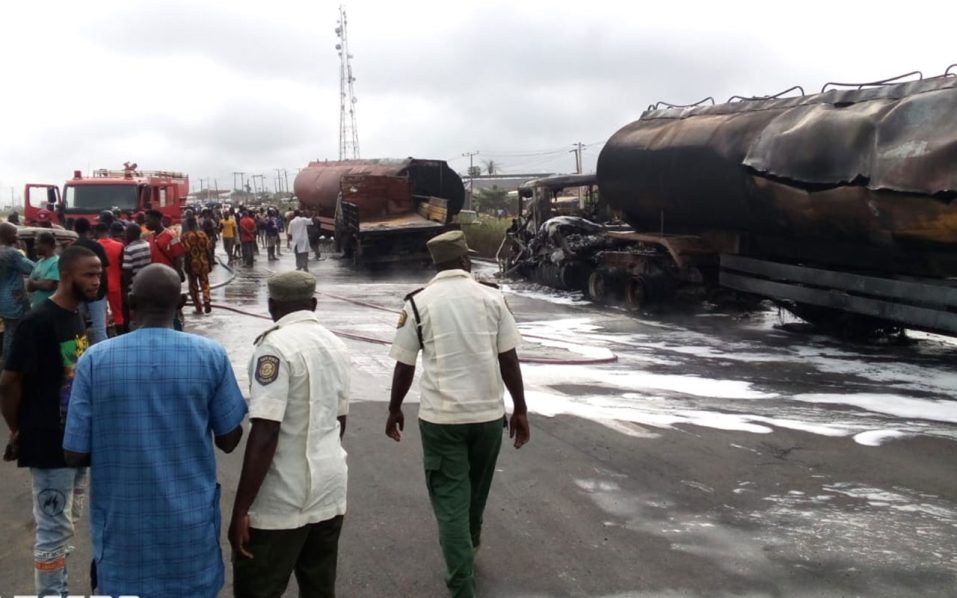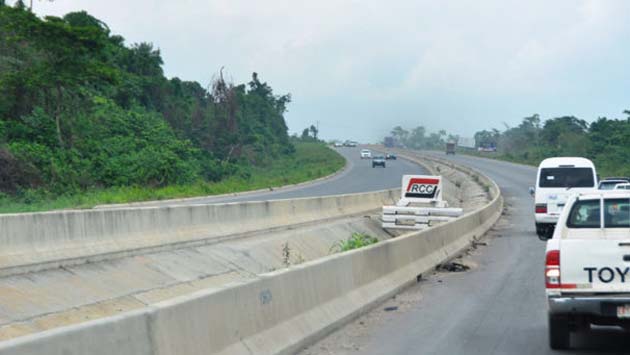
Mr Tony Roland, an expert in oil and gas, has urged relevant authorities to implement stringent licencing standards for fuel tanker drivers to reduce the high rate of accidents and its attendant losses.
In an interview with the News Agency of Nigeria (NAN), in Abuja on Sunday, Roland said a driver must attain specific qualification with comprehensive training to be qualified to operate fuel tanker.
He spoke on the backdrop of incessant fuel tanker accidents across the country claiming lives and destroying property.
Roland said If there is stringent licensing procedure and follow up implementation, rookies would not be found behind tankers’ wheel as we have at the moment.
” They need to know how important their job is and how risky it can become if not well managed.
“The training programme for tanker drivers should focus on defensive driving, hazard perception, emergency procedures, and proper load securement.
“There should be regular driver evaluation assessments, monitoring of driver competency and identifying potential issues.
“Measures should also be put in place to prevent driver’s fatigue, ensure mandatory rest breaks as well as electronic logging devices,” he said.
Roland called for strict enforcement of traffic regulations for tanker drivers including speed limits and adherence to designated routes.
On vehicle-related solutions, he said tankers should be equipped with advanced safety technologies like electronic stability control, lane departure warning systems and collision avoidance systems.
According to him, regular maintenance checks, thorough and frequent inspections of tankers to identify and address potential mechanical issues should be adhered to.
Roland added that designating specific routes for fuel tankers, avoiding congested areas and high-risk intersections, maintaining roads with proper signage, clear markings, and good surface quality would curb tanker accidents.
“Establishing well defined emergency response protocols for tanker accidents and designating response teams and equipment is crucial.
“Also, raising awareness among the public about the dangers of fuel tankers and how to behave safely around them will go a long way in reducing carnage,” he said.
Speaking on operational related errors, the expert said measures should be put in place to ensure enforcement of safety regulations and checks, and prevent drivers from undue pressure to meet deadline.
He added that overloading, poor maintenance, worn tires, leaky pipes, faulty brakes and improper loading procedures must be checked by relevant safety enforcement agencies.






